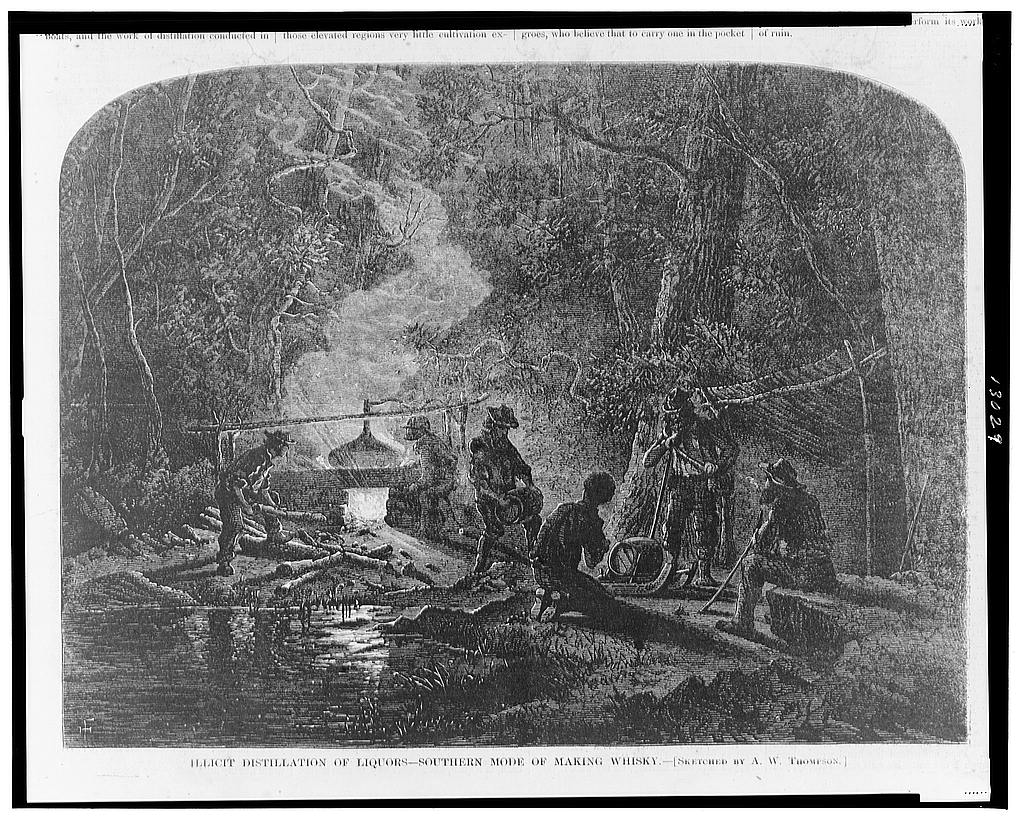
Nathaniel Couch is my ancestor who fought in the French and Indian War (covered in post one) and the Revolutionary War (covered in post two).
At the risk of vastly oversimplifying the roots of the Revolutionary War, here’s a key element. From 1763 through 1775, the British Parliament passed multiple laws that impacted trade and imposed taxes on the Colonists. This taxation didn’t come with representation—and the Colonists weren’t very happy about the financial burden.
Tensions kept rising as the two groups couldn’t come to a compromise. This includes the Boston Tea Party incident when Colonists dumped 342 chests of tea in protest about the tea taxes among other issues.
Ultimately, this led to war and independence of the Colonists from the British.
Autonomy Comes with Costs
Yes, the Revolutionary War brought about independence of the newly formed United States of America, and a portion of its residents—white men who owned property—could vote and run for office.
But the war also caused an accumulation of debt that must be paid. So, on March 3, 1791, the government imposed a tax on distilled spirits that must be paid in cash. Often, westerners (at this point, western Pennsylvania could be considered the far west) would pay for goods with whiskey; having to pay in cash could feel like a significant burden when used to bartering.
Plus, didn’t they just fight the Revolutionary War to get out from underneath all of these taxes?
This new tax was based on the distilled spirits still’s capacity rather than the actual quantity produced from the still, which could hurt people who made small batches.
In the western portion of Pennsylvania, which was separated from the eastern portion of the new country by the Allegheny Mountains, mostly consisted of farmers. They had a limited market for the grain they grew, and it was difficult to transport the products to the east.
The solution? They turned the grain into whiskey, which had a ready local market. But the tax hit these smaller producers much harder than it did the larger ones in the east who had a much bigger market.
So, the men in Pennsylvania got angry.
On Opposite Sides: Washington and Nathaniel Couch
George Washington—whom my ancestor, Nathaniel Couch, had fought with during the French and Indian War and the Revolutionary War and once lived near in Winchester, Virginia—was now the president. In 1792, Washington condemned the protests—often violent ones—as men in western Pennsylvania rose up against this tax. This condemnation wasn’t effective.
So, on August 7, 1794, Washington issued another proclamation, also invoking an act that allowed him to use about 13,000 militia from various states to put down what was now called the Whiskey Rebellion. This quelled the rebellion with about 150 of the rebels being arrested; Washington pardoned the two who were convicted of treason.
This time, my ancestor was not on the same side as Washington—the man he’d fought under during two wars. At one point, when rebels were fired upon by the militia, Nathaniel allowed them to hide at the fort he’d built and lived in: Fort Couch. He apparently continued to be a rebel—even at the age of sixty-nine.
Whiskey Rebellion Significance
This rebellion tested the idea that the newly formed government had the right to levy taxes and otherwise create and enforce laws for all of its states. This provided a foundation for how the country would develop although the idea of a federal government making decisions for individual states didn’t play well and resentments continued to simmer. This debate continues to this day.